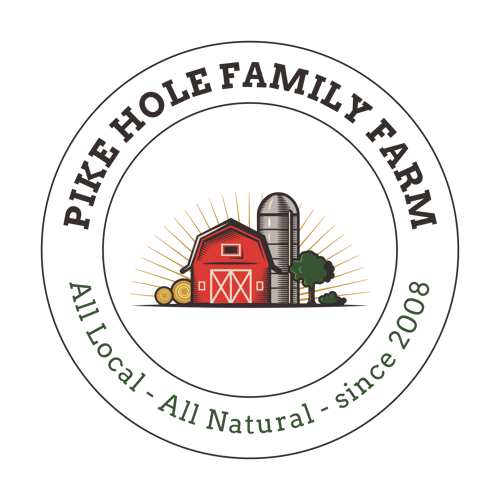A 21st Century Model
Local For Over 100 Years
For more than a century, our farm has held true to two ideals- the family farm and selling locally.
I remember the pride my grandfather shared when he talked about providing milk to the local cheese plant/creamery. Milk that was turned into cheese or butter that could be found on local grocery shelves.
While the dairy industry has largely become less localized, you can still find a few wonderful holdovers from the days of local farmers' cooperatives.
Fortunately, fresh produce lends itself perfectly to a local market model. It's the model we now use to keep the farm active and support our family while at the same time serving our local community.
The Harm of 20th Century Farming Practices
The chemicals found in herbicides, pesticides and commercial fertilizers are toxic to the bacteria, fungi, and other organisms found in healthy soil.
This leads to a "deadening" of the soil, a loss of micronutrients, compaction and an inability to properly break down organic matter.
Since the building blocks for vegetables come primarily from the soil, soil health and available nutrients significantly impact both the flavor and health benefits of the resulting produce.
Designing A Sustainable Future
Caring for the soil is not simply a temporary consideration. Organic practices sustain the soil over decades and generations.
Rather than stealing from the soil, we constantly work to build and rebuild it through natural means.
A local market economy is also much more stable, reliable, and sustainable than relying on giant mega-corporations for our food supply.*
*Case in point: The recent radical swings in egg prices are the direct result of a commercial food system that is reliant on giant 'farms' and mega corporations.
While the genie is largely out of the bottle, there are still ways that you can help grow and support your "locovore" economy.
Local family farms are healthier for the environment, better for the local economy, and help to support a thriving local culture.
Purchasing local meats, eggs, dairy products and produce is not only good for your family- it's good for your local community and for mother earth!!!
Links:
